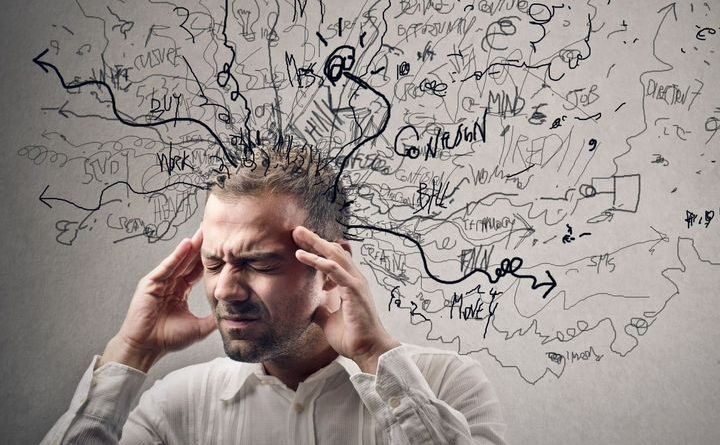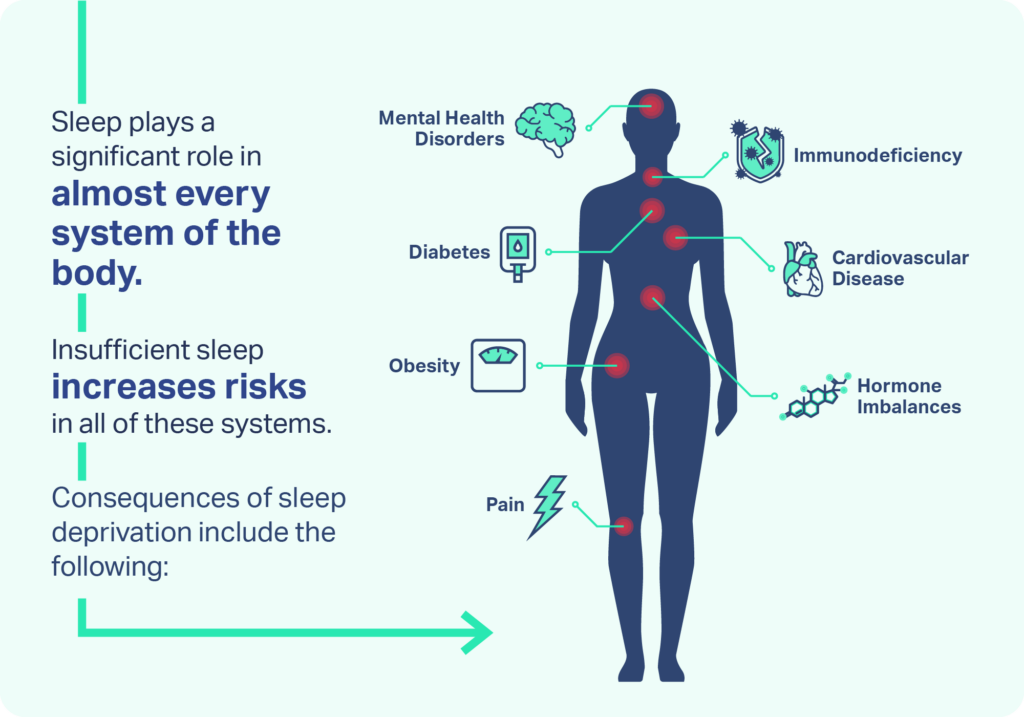Why Students Experience Memory Lapses of Past Events
Introduction
Memory lapses are a common phenomenon experienced by people of all ages, including students. These lapses can be frustrating, especially when trying to recall information for exams or assignments. In this article, we will explore the various reasons why students may experience memory lapses of past events and provide some tips on how to improve memory retention.
1. Information Overload
One of the primary reasons students may forget past memories or information is due to information overload. In today's fast-paced educational environment, students are bombarded with a vast amount of information daily. This constant influx of new data can make it challenging for the brain to retain all of it. When new information competes for attention with older memories, the brain may prioritize the newer content, causing older memories to fade.
2. Lack of Attention
Another common reason for memory lapses among students is a lack of attention during the initial encoding of information. If a student is not fully engaged or focused when learning, the information may not be stored effectively in their long-term memory. This can lead to difficulties in recalling past events or facts.
3. Stress and Anxiety
Stress and anxiety can significantly impact memory function. Students often face high levels of stress, whether it's related to exams, deadlines, or personal issues. When the brain is under stress, it releases hormones that can impair memory retrieval. Stress and anxiety can also cause distraction and racing thoughts, making it harder to concentrate on recalling past memories.
4. Sleep Deprivation
Many students struggle with irregular sleep patterns and sleep deprivation, which can negatively affect memory consolidation. During sleep, the brain processes and stores information gathered throughout the day. When students don't get enough quality sleep, their ability to remember past events can be compromised.
5. Ineffective Study Habits
Using ineffective study strategies can also lead to memory lapses. Rote memorization, cramming, and last-minute studying are not conducive to long-term memory retention. Students who rely on these methods may find it difficult to remember past information when it is needed.
6. Multitasking
While multitasking is often seen as a valuable skill, it can hinder memory retention. Students who constantly switch between tasks may not allocate sufficient attention to each one, leading to forgetfulness about past events or lessons.
7. Lack of Retrieval Practice
Memory recall is improved through regular retrieval practice. If students do not revisit and review previously learned material, the memories associated with that information can weaken over time. Active recall and spaced repetition techniques can help combat this issue.
Conclusion
Memory lapses among students are a common occurrence, but they can be managed and minimized with the right strategies. By understanding the factors that contribute to forgetfulness and implementing effective study techniques, students can enhance their memory retention and recall abilities. It's essential for students to maintain a balanced lifestyle, manage stress, get adequate sleep, and adopt efficient study habits to ensure that past memories are not easily forgotten when they are needed most.








Post a Comment